What If We...:The Journey of Imagination
July 10, 2025 - The loss of hope that many are experiencing is accompanied by the loss of the most powerful force of change we humans have at our disposal - our imagination. By James Amadon

This is the ninth piece in my series, “The Journey of Ecological Discipleship." You can find the first seven pieces HERE. This piece looks deeper into the Reimagining stage of the journey.
Thanks for reading! - James
In the spring of 2016, I spent three days on retreat at the Brooksdale Environmental Centre in Surrey, British Columbia (now the A Rocha BC Centre). The Centre is a beautiful 18-acre refuge comprised of forests, a threatened river system, organic gardens, and heritage houses. Programs focus on conservation science, education, and sustainable agriculture. Guests are welcome to stay in a beautiful retreat house, and invited to be part of the community and participate in the work during their stay.
During my time there, I relaxed by the Tatalu (Little Campbell) River, shared meals and conversation with A Rocha staff and interns, and helped weed the garden beds. I was impressed by the hospitality of the Centre's residents and the passion they held for their work. It was especially impressive considering how it had all grown from one couple's vision into a thriving ministry in multiple locations (you can read about it in founder Leah Kostamo's book, Planted.)
In addition to needing some rest and recreation, I went to Brooksdale to continue exploring a growing desire I had to develop a more integrated life and faith that was deeply rooted in creation. On the day I was scheduled to leave, I stood on a balcony and looked out over the land, grateful for my time in such a transformative place. I wondered what it might be like to join the community and work there. As that thought swirled in my mind and heart, another, stronger idea took over: What if I created a place like Brooksdale, one that had similar features and values but also added some new elements to what I had come to see as a growing movement towards a more ecologically conscious faith? That "what if" moment of imagination changed the course of my life and vocation; within a year I had started working on what would become Circlewood.
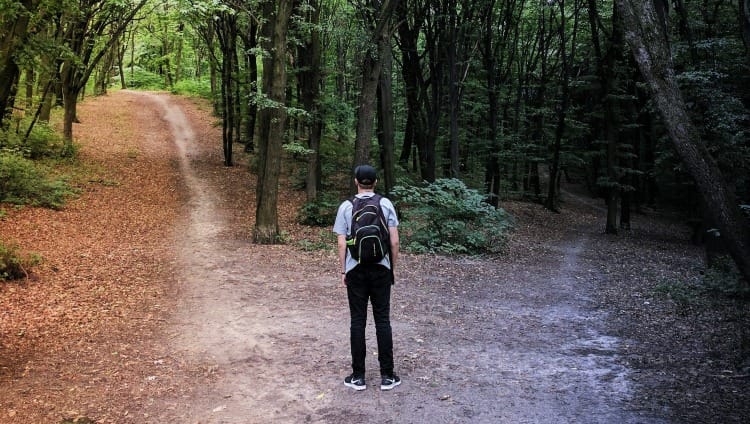
Imagination in a Time of Despair
Among people who are committed to earthcare and ending injustice, there is often a pervasive sense of despair about the future. The painful consequences of overconsumption, pollution, climate change, biodiversity loss, and social/environmental injustice continue to spread. Rising generations feel pessimistic and uncertain about the future - what will life be like on a less stable planet? I often meet young adults who are unsure about having children or have already decided against it. Many people, young and old, have resigned themselves to a future of inevitable loss and decline. This frequently leads to the loss of hope.
Such a response is understandable, but a loss of hope leads to the loss of the most powerful force of change we humans have at our disposal - our imagination. This incredible ability to envision alternative futures is, I believe, one expression of what it means to be made in the image of God. Throughout Scripture, when people have lost their way and the world is full of suffering and loss, God activates people's imaginations and helps them see a future that remains open to change and possibility. This is the central work of the biblical prophets, whose voices rose up during times of great crisis, defeat, and despair. As the late Old Testament scholar Walter Brueggemann wrote is his masterful book, The Prophetic Imagination,
It is the vocation of the prophet to keep alive the ministry of imagination, to keep on conjuring and proposing futures alternative to the single one the king wants to urge as the only thinkable one.
What a wonderful phrase - "the ministry of imagination." Prophets may be called to keep it alive, but it is a ministry that each of us can contribute to in our own way. Here are three practices you can use to cultivate the ministry of imagination in your life.
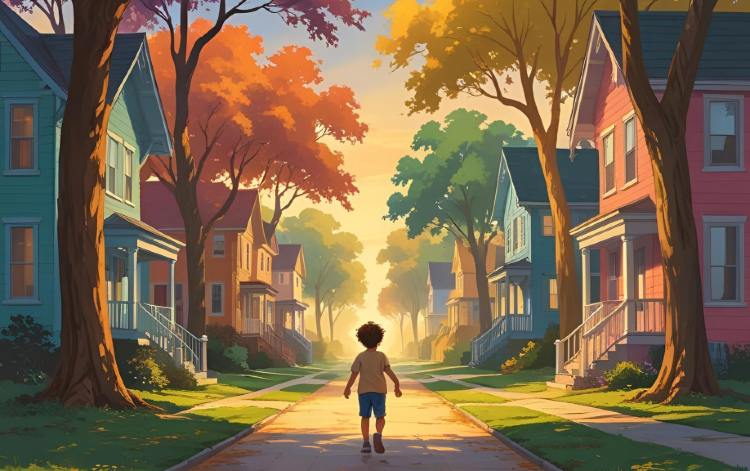
Wander
In my last piece, I wrote about how the practice of rewilding reminds us that God has created an open world, full of possibilities, and invites us into the important work of imagination. To enter into this work, we need to wander. So much of modern life is dictated by external forces: the clock, the calendar, the career, the task list. To wander is to set aside agendas, goals, and destinations in order to receive the present moment as a gift.
Wandering is not necessarily going on long, meandering walks or disappearing into a vast wilderness (though these can be powerful experiences). At its core, wandering entails being as present as possible to wherever you are right now. This means giving your attention to the absolute miracle of existence that is flowing in, through, and around you in all its unfathomable complexity. With the right intention, you can do this kind of wandering at any time and in any place. You can try wandering on your next lunch break, or even sitting still in a chair. All you need is the willingness to clear your mind, set aside your burdens, tune your attention to the moment, and follow your feet, or your imagination, wherever they take you.
Where can you wander?

Wonder
Intentional wandering instills in us a sense of wonder. This wondering is, first, an invitation to marvel at the beauty and profundity of creation. There is an element of childlikeness to this awe-soaked interaction with the world. Jesus thought it so important he made it into a command: "Unless you change and become like children, you will never enter the kingdom of God" (Matt 18:3).
Childlike wonder is essential because it helps us shed the constrictions and conventions that keep imagination in check. It opens the gateway to a more inquisitive, imaginative wondering - exploring the "what ifs" of alternative futures. What if I gave up eating meat? What if I learned all the names of the plants, animals, and human neighbors on my street? What if I took my devotional practice outside? What if I wandered around my neighborhood every day for a month? What if I gave something away once a week?
Wondering is not just an individual practice - communities can, and should, take time to wonder together. For example, wondering church communities might ask: What if we de-paved the church parking lot and put in a community garden for refugees? What if we put solar panels on the church roof in the shape of a cross? What if we rewilded the church lawn into a native plant refuge? These three wonderings emerged from actual church communities, and they eventually became real projects.
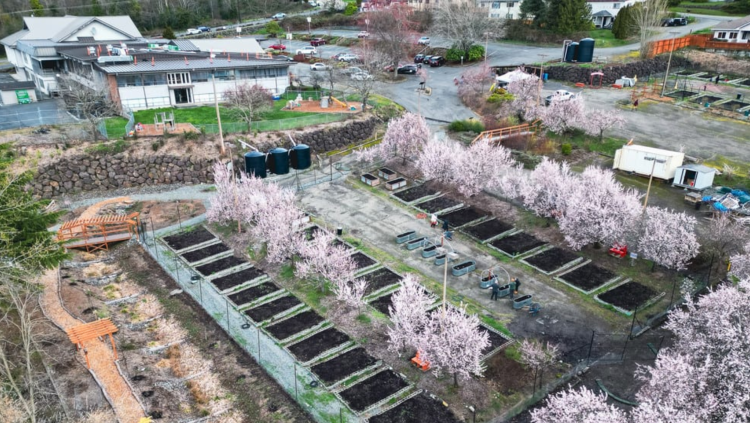
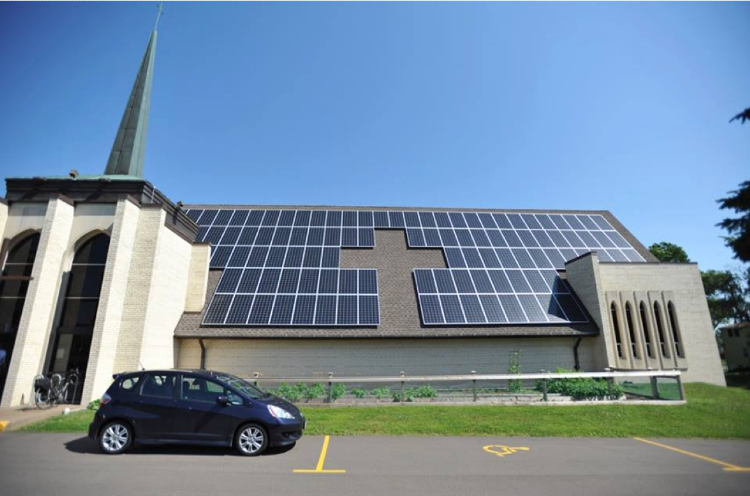
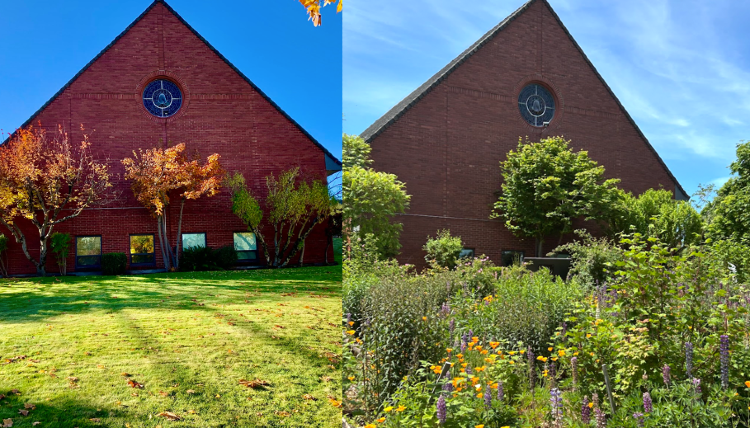
What sparks your sense of wonder? When have you asked, "What if...?"
Discover Your Call
When our imaginations are fully engaged, the list of possibilities can grow quite large. While this is exciting, it can also be difficult to choose which idea, or path, to follow. Here are a set of discernment questions that can help individuals and communities discover what possibility to pursue.
- What are we passionate about? What are we drawn to?
- Who is part of the "community of creation" to which we belong and for which we are seeking to serve?
- What gifts and resources do we have to offer?
- Is there something happening already that we could join?
- If we start something new, who could we invite to join us?
- What obstacles do we see in our way?
- What would happen if we fail?
- What could happen if we succeed?
The journey of imagination invites us to resist despair by wandering down pathways that fill us with wonder and release our imaginations to boldly ask "What if...? It is a pathway that, while sometimes dimly lit, eventually illuminates a new endeavor, one that invites us to join God in opening up the future to new possibilities. Imagine that!

With you on the Way,
James
Let me know what you think - james.amadon@circlewood.online.


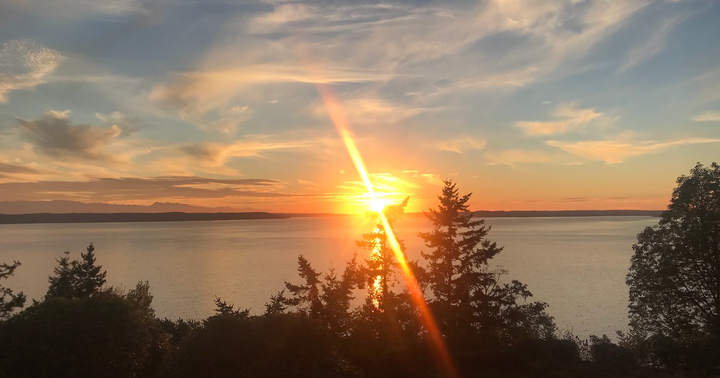

Comments ()